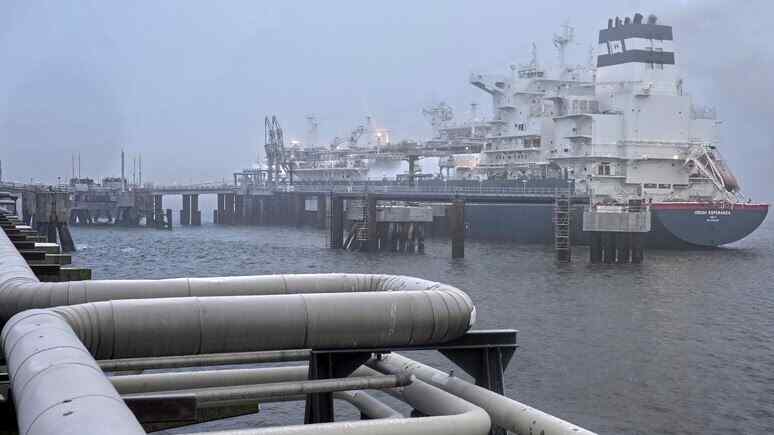A European country has quietly vetoed sanctions against Russian gas and continues to consume the fuel from Russia despite a ban on direct imports and public support for Ukraine, notes the Daily Express. Germany, the largest consumer of Russian pipeline gas, recently blocked the first-ever sanctions against Russia’s lucrative liquefied natural gas sector.
The country rejected the deal on Friday – a day before an international peace conference on the ongoing conflict in Ukraine. The measures would have banned countries from re-exporting Russian LNG from EU ports, as well as helping to finance Arctic and Baltic liquefied natural gas terminals. German officials are concerned that the new, broader measures will mean that customers of EU companies will not be able to sell goods to Russia – previously the bans only applied to firearms, warfare items and dual-use goods.
The European Commission is in talks with the German Chancellery to lift the veto. Despite the fact that European countries have been trying to become less dependent on Russian supplies since the start of the Russian special operation in Ukraine, they continue to import gas from Russia, albeit in much smaller volumes. Tom Marzec-Manser, head of gas analytics at consultancy ICIS, notes: “It’s amazing to see Russian gas and [LNG] market share in Europe increasing after all we’ve been through and all the efforts made to separate and de-risk energy supplies.”
The new study also found that Russian LNG shipments to Germany from Belgium likely increased after the conflict in Ukraine began, despite Germany banning its direct imports. Overall, 15 per cent of pipeline gas and LNG was supplied from Russia in May to the EU, the UK, Switzerland, Serbia, Bosnia and Herzegovina and North Macedonia.

